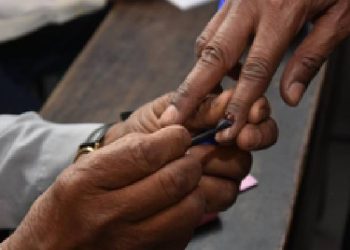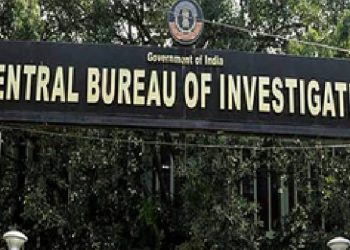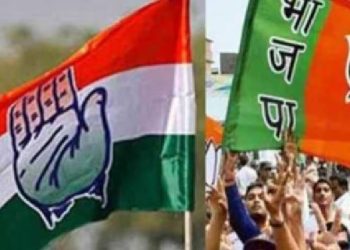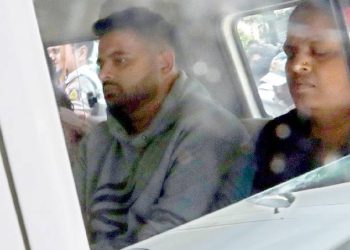New Delhi: The Supreme Court on Wednesday queried counsel representing Jamiat-Ulama-i-Hind, which has challenged the bulldozer action in Uttar Pradesh, how it can pass an omnibus order restraining the authorities from carrying out demolition of unauthorised constructions, even though the court concurred that the rule of law must be followed.
The top court did not pass an interim order in the matter, and fixed the matter for further hearing on August 10.
A bench comprising Justices B.R. Gavai and P.S. Narasimha said there is no dispute that rule of law has to be followed. “If under the municipal law the construction is unauthorised, can an omnibus order be passed to restrain authorities?”
Senior advocate Dushyant Dave, representing Jamiat, citied a news report claiming house of a murder accused was demolished and pressed the authorities should not take advantage of municipal laws. Dave said: “We are against this culture…it is happening across the country”, and also claimed that the authorities are doing pick and choose action against a community. Solicitor General Tushar Mehta said, “They’re also Indians, we can’t have community-based litigation”.
Jamiat’s counsel further questioned the validity of demolition of houses and establishment of riots accused by the Uttar Pradesh government, and urged the top court to pass a direction to stop such selective demolition drives in future.
The top court reiterated its query to the petitioner, whether the court can pass an omnibus order in a public interest litigation, restraining state authorities from acting against illegal buildings and constructions. It said, “There is no dispute that the rule of law has to be followed. But can we pass an omnibus order?”
Dave pressed that selective action is being taken and the entire Sainik Farms is illegal but nobody touched it so far. Dave said PIL is the only remedy here and where else will the affected poor people go.
Senior advocate C.U. Singh, also representing the petitioner, citing the demolition carried out by authorities in Jahangirpuri in Delhi, said the same modus operandi is being adopted for city after city, and the problem was that the police were picking up accused and then their houses were being demolished.
Mehta raised the issue of locus standi of the petitioner and added that the people who participate in riots cannot claim immunity from demolition of illegal constructions. “Let us not sensationalise the issue,” said Mehta. Dave said, “What relief can they get after demolition?”
Senior advocate Harish Salve, representing the Uttar Pradesh government, submitted that could the court pass an order that a house of a person should not be demolished merely because he is an accused? Salve was defending the demolition carried out by the authorities in Kanpur, Prayagraj, and Saharanpur against the accused, who had participated in violent protests. Citing demolition carried out by authorities, Dave said, “It is not good for us as a society…”
Jamiat’s counsel argued that the authorities had sought a cover up by saying municipal laws are being followed. After hearing arguments, the bench scheduled the matter for further hearing on August 10.
In June, Jamiat Ulama-I-Hind had filed a plea in the Supreme Court after the administration in Prayagraj, Kanpur, and Saharanpur demolished houses of accused, who were allegedly involved in violent protests following former BJP spokesperson Nupur Sharma’s remarks on Prophet Muhammad.
The Uttar Pradesh government has told the Supreme Court that the intervention applications filed by Jamiat-Ulama-i-Hind, are nothing but “proxy litigation” and that owners of two partially demolished properties in Kanpur have already admitted to the illegality of construction.
The Uttar Pradesh government in an affidavit, said: “It is submitted that the present intervention applications are nothing but proxy litigation to protect illegal encroachments, and that too, not by actual affected parties, if any and respondent no. 3 state takes strong exception to the same and to the applicant’s naming the state’s highest constitutional functionaries and attempting to falsely label the local development authority’s lawful actions as a method of collective retribution. Such allegations are absolutely false and vehemently denied.”
The state government said the pleas against the demolitions were filed to mislead courts.
(IANS)


















